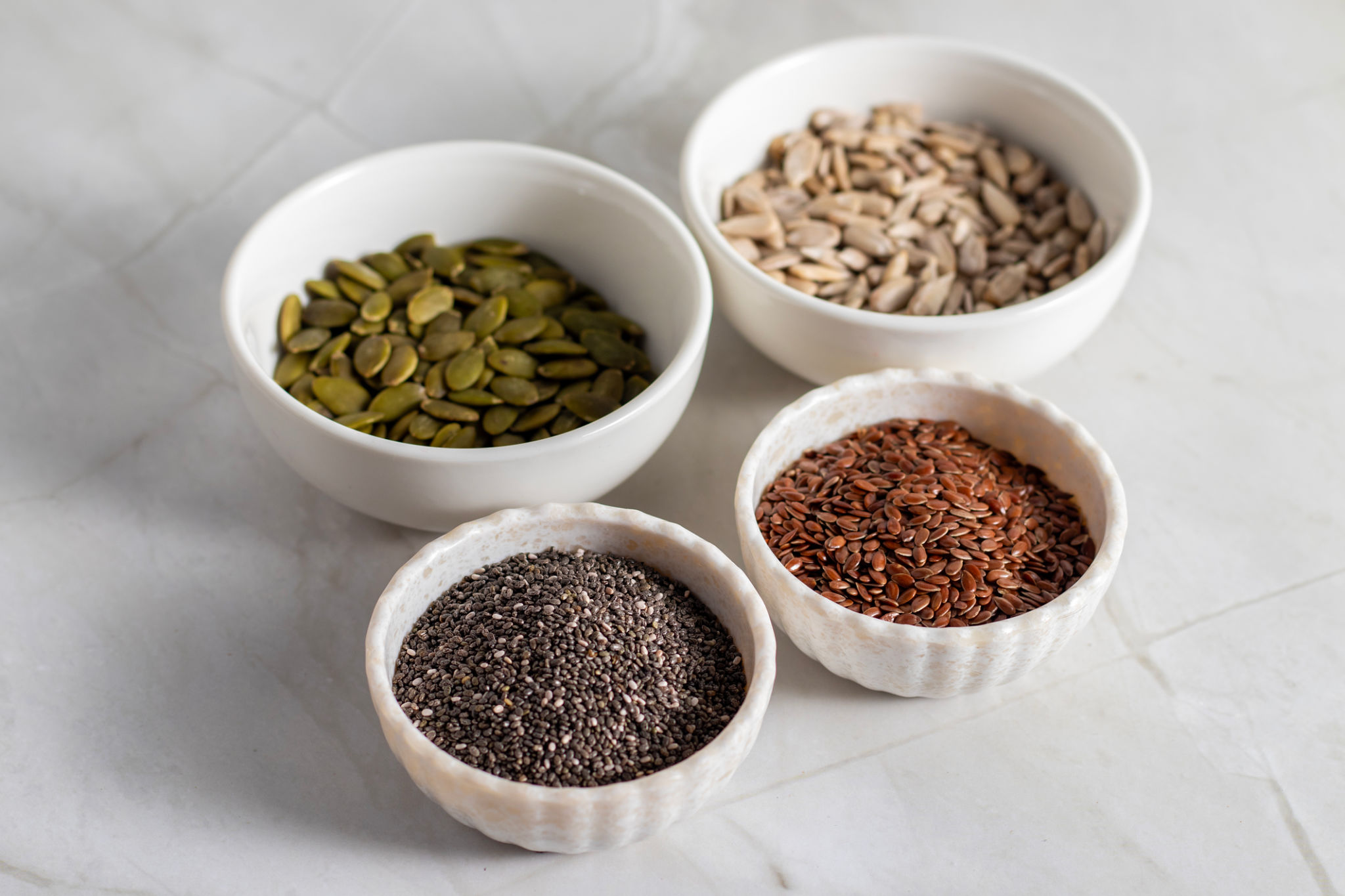The Health Benefits of High Quality Olive Oil in Your Diet
NB
Introduction to Olive Oil
Olive oil is a staple in many kitchens around the world, known not only for its rich flavor but also for its significant health benefits. Derived from pressing fresh olives, high-quality olive oil is rich in antioxidants and healthy fats, making it an essential ingredient for a well-balanced diet.
Incorporating olive oil into your daily meals can do wonders for your overall well-being. This blog post explores the numerous health benefits of high-quality olive oil and why it should be a key component of your diet.

Rich Source of Healthy Fats
One of the primary health benefits of high-quality olive oil is its abundance of monounsaturated fats, particularly oleic acid. These fats are considered heart-healthy and can help reduce inflammation. Consuming foods rich in monounsaturated fats has been linked to a lowered risk of heart disease and improved cholesterol levels.
Additionally, oleic acid is resistant to high heat, which makes olive oil a safer option for cooking compared to other oils that may oxidize and produce harmful compounds when heated.
Supports Cardiovascular Health
Regular consumption of olive oil has been associated with numerous cardiovascular benefits. The high levels of antioxidants, particularly polyphenols, in extra virgin olive oil, help protect LDL cholesterol from oxidation. This process reduces the risk of heart disease.

Furthermore, studies have shown that olive oil can improve endothelial function, which refers to the health of the thin membrane that lines the heart and blood vessels. A healthier endothelium means better blood flow and lower blood pressure.
Anti-Inflammatory Properties
Chronic inflammation is a major contributor to various diseases, including cancer, heart disease, and arthritis. Olive oil contains powerful antioxidants that combat inflammation, with oleocanthal being particularly effective. This compound acts similarly to ibuprofen, a popular anti-inflammatory drug.
By reducing inflammation, olive oil can contribute to a lower risk of chronic diseases and promote overall health.

Promotes Brain Health
Olive oil's benefits extend to brain health as well. The antioxidants present in high-quality olive oil can help protect the brain from oxidative stress and inflammation, both of which are linked to neurodegenerative diseases like Alzheimer's.
Research suggests that diets rich in olive oil may improve cognitive function and lower the risk of memory-related issues as we age.
Aids in Digestion
Addition of olive oil to dishes not only enhances flavor but also assists in digestion. Olive oil stimulates the production of bile, which is essential for breaking down fats and absorbing nutrients efficiently. This can lead to better gut health and reduced digestive discomfort.

Enhances Nutrient Absorption
Olive oil is not only nutritious on its own but also helps your body absorb fat-soluble vitamins such as A, D, E, and K from other foods. By incorporating olive oil into your meals, you can ensure that you’re getting the most out of your diet.
Conclusion
The health benefits of high-quality olive oil are vast and well-documented. From supporting heart health and reducing inflammation to promoting brain function and aiding digestion, it is clear why this liquid gold is cherished worldwide. By making olive oil a staple in your diet, you embrace a path towards better health and longevity.